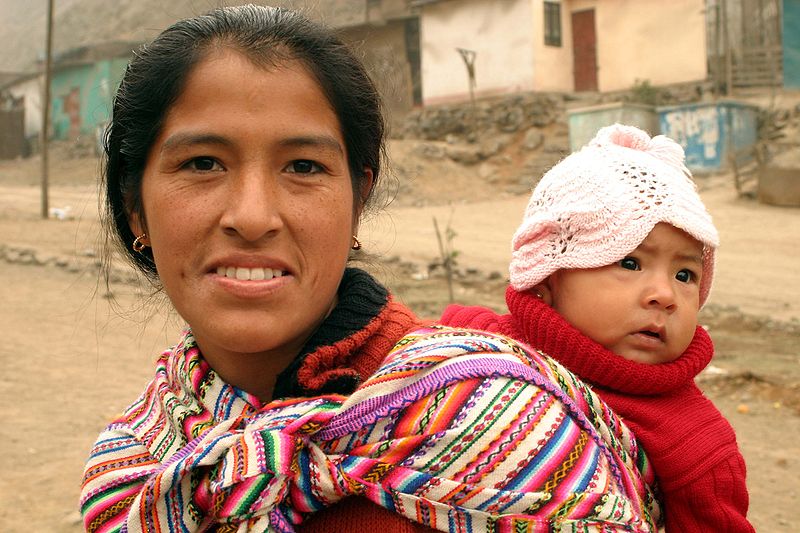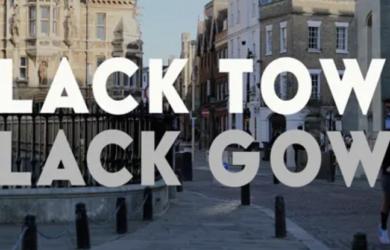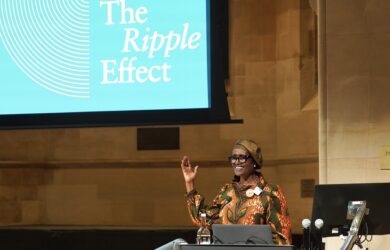
Tara Cookson's new book explores the unforeseen consequences of conditional cash transfer programmes.
My hope for this book is that it advances a critical account of a well-intentioned development intervention that doesn't paralyse, but, rather, prompts difficult reflection and radical imagination for a more just future.
Tara Cookson
Conditional cash transfer [CCT] programmes have a host of hidden costs for mothers, according to a new book by a Gates Cambridge Scholar.
Tara Cookson's Unjust Conditions: Women's Work and the Hidden Cost of Cash Transfer Programs follow
The book says that while these programmes are rooted in good intentions for social inclusion, the claim that they are efficient is based on metrics for children’s attendance at school and health appointments. The book looks beyond these statistics and shows the gendered impact of the conditional aspect of the programme, which requires women to access education and health services on behalf of their children.
Tara [2011] says, for instance, that the time it takes for women to get to the services presents its own challenges. She adds that services are often low quality and that the CCT money would be better invested in improving these. She states: "My hope for this book is that it advances a critical account of a well-intentioned development intervention that doesn't paralyse, but, rather, prompts difficult reflection and radical imagination for a more just future."
The book, which is based on Tara's PhD research in Geography at Cambridge, is published in May by University of California Press and has been praised by reviewers. Martha Choe, former Chief Administrative Officer, Bill & Melinda Gates Foundation, says: "Tara Patricia Cookson’s ethnographic research gives voice to the women who are intended beneficiaries living with the unjust 'shadow conditions' imposed by conditional cash transfers. This book poses compelling questions about identity, power, wealth, and justice and challenges us to take the 'time to listen… and identify … possibilities for meaningful change."
Tara is now a postdoctoral researcher at the University of British Columbia and is Director of Ladysmith, a women’s equality venture which she co-founded. It helps international development organisations produce, analyse and take action on gender data.












